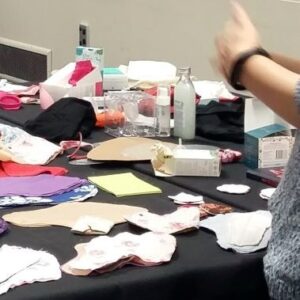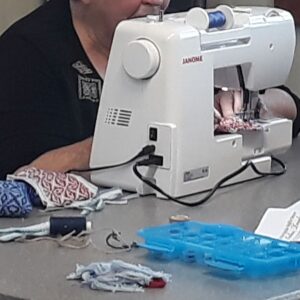
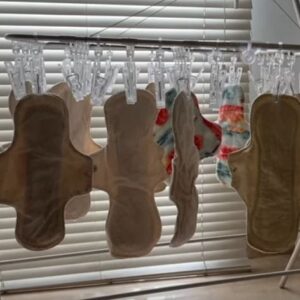
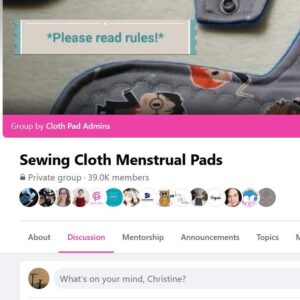
Switch to healthier Plastic Free Periods – learn how
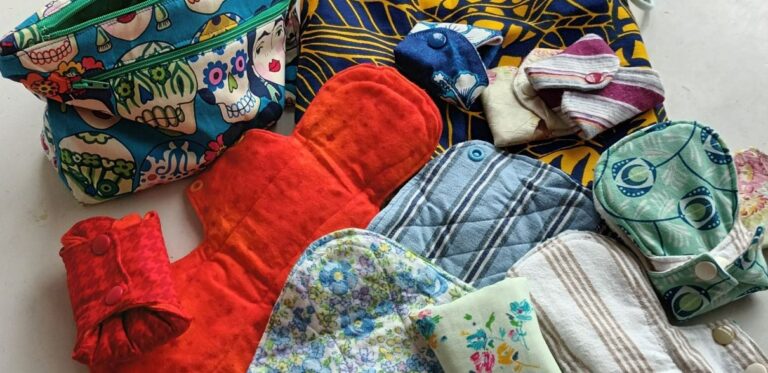
What are the options?
- Reusable Period Pads
- Silicone Menstrual Cup or Disc
- Period Undies
- 100% Organic Cotton Pads
- 100% Organic Cotton Tampons
What Sew On offers
Sew On wants to provide information to encourage as many people with periods as possible to switch to sustainable period options.
Please be patient with us, we are a new project in its baby shoes.
We do not provide or replace medical advice but want to get you started on your sustainable, stigma free menstruation journey.
Why make the switch?
- Protect the environment of Aotearoa
- Reduce waste in landfills
- Healthier for your body through avoiding toxins in conventional products
- Reuse old materials
- Minimise plastic use
- Save money in the long-term
- More durable products
- Create personalised products
- Limit investment in big corporations
What you can expect
- book an information session to look at cups undies pads and more
- book a taster workshop on making a pad (3 hours)
- become part of a working bee group – for every three pads you make, you can take one home for free
- book a workshop (24 hours) to make a complete personalised kit
- learn some pad making from us and start a working bee group in your community or with your friends
- Get the information online here or from Auntie Google and start making pads
You like the project and have skills to offer?
This is a new project and I could do with some help to develop this into a social enterprise.
This project is currently supported by the waste minimisation fund from the DCC

Why I make pads? – Because the people and the planet matter.
During the last few years, while running the LoomRoom I have learned to appreciate the value and power of community. I am more and more concerned about the inequality in our society as well as the state of our environment. I am angry about our inaction. I am looking for a way in which I can add my little puzzle piece to the big picture of social and climate action. If many of us do a small thing it adds up to something big.
I am a person with periods and I have made the decision to talk openly about it. There is no shame in bleeding. For many years I used the products off the shelf because it was too difficult to switch to a more sustainable product. Since then I have learned that every package of throw away pads contains the equivalent of five shopping plastic bags. I have learned that the chemicals in pads and tampons get absorbed by the body. Some of the cramps we have, go away when we switch to cloth pads. I have learned that using a silicone menstrual cup is comfortable, easy and cheap for me and I have regrets I did not try it earlier. However, sometimes I do not want to use a cup and then the cloth pads are a really cool alternative.
Cloth pads can also be the solution for people who need to deal with leakage. The pads as they are can be used for women with leakage and I am open for help to design pads for men with leakage. It is another subject which, if spoken about, can be dealt with appropriately and practically.
As a textile artist and designer I know that it is not too difficult to make really nice pads quite easily. They can be as comfortable as clothes. As a teacher I know it is achievable to make a decent pad. As a textile designer I believe it is more healthy for the body to use recycled 100% natural fabrics which are actually freely available to us.
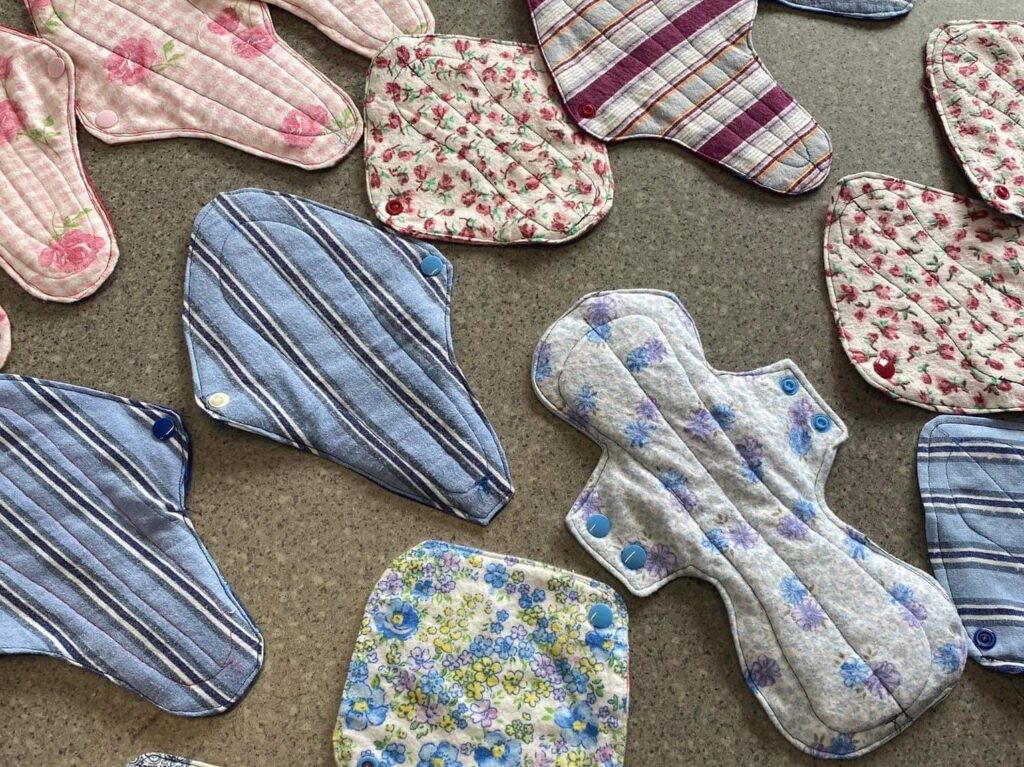
This image shows some examples of pads we made from recycled materials in a group production bee.
They are not perfect but functional and personal. We were learning skills while doing them. If looked after well, a pad can be used for years.
They are made from 100% natural fabrics, plus a waterproof PUL-layer (optional). PUL is polyurethane coated polyester which is breathable while preventing leakage.
When you discontinue a pad, I recommend you separate the PUL layer and snaps out by cutting the edge off the pad and discard it and the PUL into landfill, while all the other layers can be composted or burned.
